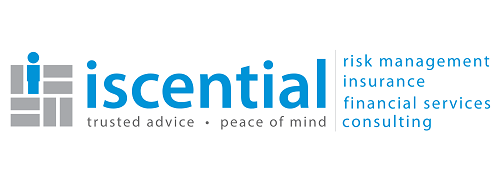COVID-19 has dominated the headlines for well over a month now. As it should! The seriousness of this pandemic is not be handled lightly. However, it does deserve bringing to attention that storm season is upon us again in Houston, TX and in many other parts of the US. Experts are predicting a busier than average hurricane reason. It’s important to note that an active season doesn’t necessarily mean more destructive, just like inactive season doesn’t mean non-destructive.
Regardless, of an active or inactive season, it’s important to ALWAYS be prepared. As COVID-19 has taught us as a society, it never hurts to be more safe than sorry. Even after years of hurricane disasters such as Harvey and Ike, homeowners still tend to risk entering every storm season without flood insurance on their homes. Just because you are not in a “flood zone,” does not mean you are not in a flood zone.
The reality is everyone lives in a flood zone. It is just a question of whether you live in a low, moderate, or high risk area. Nearly 25% of all flood insurance claims are for properties located in lower-risk flood areas or property locations where flooding is not expected. The rapidly changing weather patterns as well as residential and business development may increase your chances of experiencing damage by flooding.
Homeowner’s insurance or a personal property policy do not include coverage for damage caused by flooding.
As we approach hurricane and storm season use these tips to better prepare yourself.
Here are 3 key facts about floods and flood insurance:
1) Floods are getting more common: floods are the most common type of natural disaster in the United States and they’re happening more frequently. This is in part because of the way climate change affects weather patterns, according to the National Resources Defense Council. The increase of other types of weather events most likely to cause floods, such as wildfires and heavy rain, are happening more often, meaning flood events likely will, too. For example, the 2018 Southern California flooding events happened because heavy rainfall came down on post wildfire burned land causing destruction to many communities.
This matters to everyone. FEMA’s official position is that “anywhere it can rain, it can flood,” and say that more than 25% of flood claims come from people in low and moderate risk areas. Last year, 14 million Americans were affected by floods and 200 million were at risk, according to the Center for Disaster Philanthropy.
2) Floods are the costliest type of home damage. A single inch of water can cause $25,000 in property damage, according to FEMA. In 1980, the average flood claim was $5,497, in 2017 average payouts were above $90,000. In 2018, the average payout was $42,580.
3) Most homeowners don’t have flood insurance. Many homeowners who don’t have flood coverage actually think they do, mostly because they assume it’s included in their homeowner’s policy. It is not. Only 15% of homeowners currently have flood insurance, a policy issued separately by the NFIP(National Flood Insurance Program).
As we prepare in Houston and other parts of the US for storm season now is the time to consider flood insurance before future flooding events occur. Doing so will not only improve your protection, but it will also allow you to worry less when that storm hits.
Iscential can help with your Flood insurance and your homeowner’s insurance needs to make sure you have the protection that’s right for you.
Looking for help?
Iscential is an independent insurance agency. If you are looking to improve your current insurance situation whether it’s for your car, home, business, or yourself. We have a solution for you.
Now is the time to take control.


Recent Comments